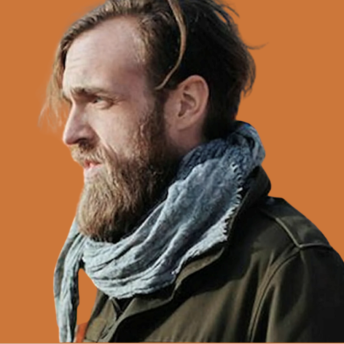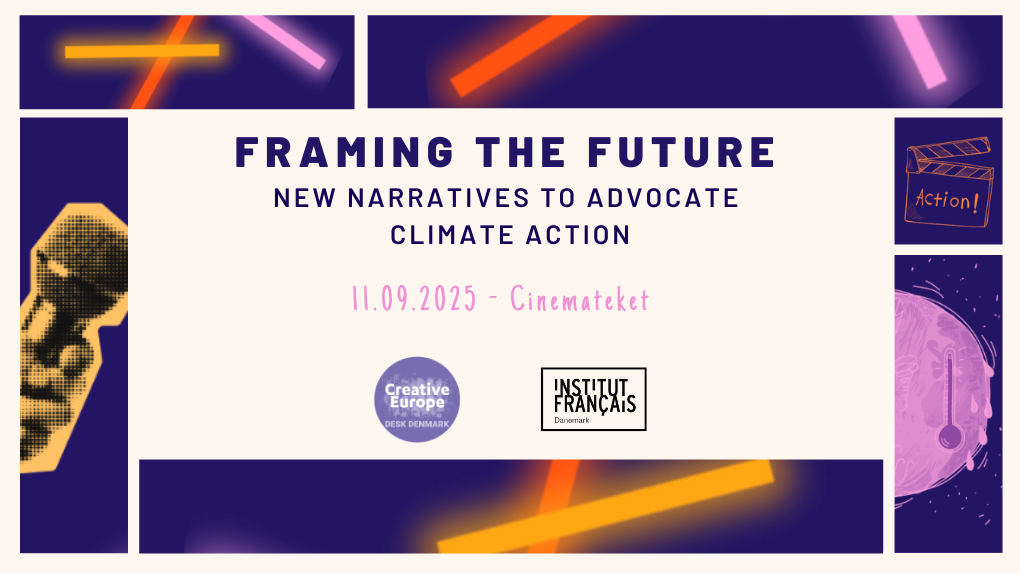
Despite the existential threat it represents and the overwhelming scientific consensus, climate change is still not prompting the level of response one might expect from major institutions and decision-makers. In recent years, a growing discourse has emerged that questions the need for bold environmental measures, portraying them as constraints on personal freedoms and as obstacles to economic prosperity. In this framing, ecology is increasingly cast as punitive.
The phrase "punitive ecology" has gained traction in public debate and now serves as a potent barrier to engagement for segments of the population. More than a matter of language, what is at stake is the broader perception of ecological transition and the ability of its proponents to inspire collective action. It is therefore essential to explore how climate action is presented—particularly through the lens of popular culture—in order to craft compelling new narratives that make environmental responsibility both relatable and aspirational.
Programme
5:00-5:30 pm
KEYNOTE - Using popular culture against moral regression
How can we address the current decline in environmental awareness? Is this a global ethical disaster that inevitably leads, in line with the actions and ideas of US governance, to abandoning the ideas and ideals of equality, justice, inclusion and caring for others? Or should we instead seek new tools for change, reinvent our ‘soft power’, and influence narratives and representations of the ecological transition, particularly by using popular culture?
(Keynote speaker: Sandra Laugier)
5:30-7:00 pm
PANEL - Shaping Perceptions through Popular Culture
Following the technological advances of recent decades, we have fully entered an image-driven civilization—one that occupies an increasingly dominant position in collective culture, communication, and imagination. Consequently, the fight against global warming and the preservation of life must necessarily harness the power of images and their various forms to offer the public new narratives that are less anxiety-inducing and guilt-driven.
7:00-8:00 pm
Drinks and mingle
Presented by Creative Europe MEDIA Desk DK & Institut français DK. The event will be in English.
Speakers

Eva la Cour-Nielsen (DK)
Based on her training as a visual artist, she works exploratively across academic research and film practice.
She is currently a postdoctoral researcher at Copenhagen university (IKK) and also affiliated with CApE (Center for Applied Ecological thinking) with the project Scenes of Fieldwork: Towards editorial authorship as form and expression of interdisciplinary collaboration.

Gabriel Malek (FR)
Co-founder of the Alter Kapitae association, which advocates a new model of society based on the idea of prosperous degrowth, and author of a book on the presence of degrowth in the world of manga, “Les Sensei de la décroissance”.

Sandra Laugier (FR)
Philosopher and academic (Paris 1 Panthéon-Sorbonne). A specialist in the philosophy of language and moral philosophy, she works on subjects as diverse as the ethics of care, popular culture, feminism and democracy, and has devoted several books to TV series and civil disobedience.

Gustav Martner (SE)
Greenpeace creative director and activist. Previously executive creative director of communications agency CP+B Scandinavia, he made a name for himself in 2022 during the Cannes International Advertising Film Festival, when he returned the Lion he had won in 2005 for the fossil fuel industry.
